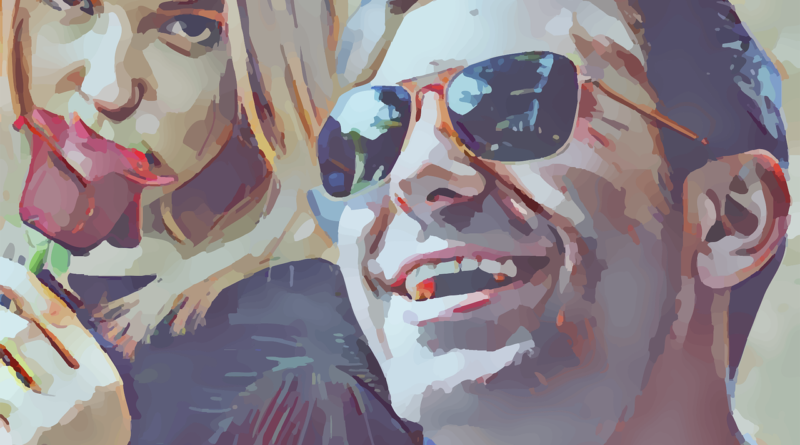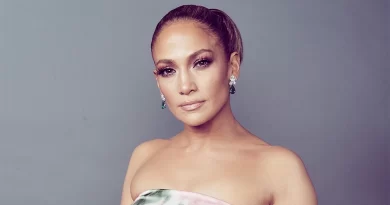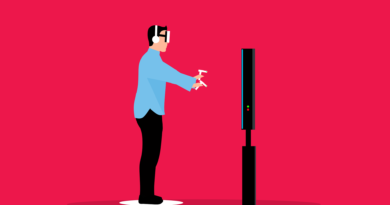The Changing Face of Comedy: Diversity and Inclusion in Stand-Up and Improv
Comedy has long been a powerful form of entertainment, capable of both reflecting and shaping societal norms. In recent years, there has been a significant shift in the comedy landscape, particularly in the realms of stand-up and improv. With a growing emphasis on diversity and inclusion, comedians and audiences alike are challenging traditional stereotypes and pushing for a more inclusive and representative comedic experience. This piece will look closely at the changing face of comedy, broaching the importance of diversity and inclusion in stand-up and improv.
Breaking Stereotypes and Challenging Norms:
Stand-up and improv have traditionally been dominated by a select few voices, often representing a narrow range of perspectives and experiences. However, today’s comedians are breaking free from these constraints, using their platforms to challenge stereotypes and societal norms. By sharing their diverse backgrounds, identities, and perspectives, comedians are dismantling preconceived notions and offering fresh, authentic, and relatable material to audiences.
Amplifying Underrepresented Voices:
Diversity and inclusion in comedy involve providing a platform for underrepresented voices to be heard. Comedians from marginalized communities, including women, people of color, LGBTQ+ individuals, and individuals with disabilities, are increasingly gaining visibility and recognition. Their perspectives bring new stories, experiences, and humor to the forefront, enriching the comedic landscape and giving audiences a broader range of voices to connect with.
Addressing Social Issues and Challenging Power Structures:
Comedy has always had the power to address social issues and challenge power structures, and this is becoming more evident in the modern comedy scene. Comedians are using their platforms to tackle topics such as racism, sexism, LGBTQ+ rights, mental health, and more. Through humor, they engage audiences in important conversations, promoting empathy, understanding, and social change. By shining a light on these issues, comedians are playing a vital role in shaping a more inclusive and equitable society.
Creating Safe Spaces and Fostering Inclusivity:
Comedy venues, particularly in the realm of improv, are actively working to create safe spaces that foster inclusivity. Improv troupes and theaters are implementing guidelines and practices to ensure that everyone feels welcome, respected, and represented. This includes promoting diverse casting, providing sensitivity training, and addressing harmful behaviors or language that perpetuate stereotypes or exclusionary practices. By prioritizing inclusivity, these spaces become more accessible and appealing to a wider range of performers and audience members.
Broadening Perspectives and Expanding Audiences:
The push for diversity and inclusion in comedy has had a profound impact on audiences. By showcasing a more diverse range of comedic voices and experiences, stand-up and improv are attracting a broader audience base. People from different backgrounds and identities are finding validation and representation in comedy spaces, leading to increased attendance and engagement. This expansion of audiences not only benefits comedians but also contributes to a more vibrant and diverse comedy scene overall.
The changing face of comedy in stand-up and improv is a reflection of the growing importance of diversity and inclusion in entertainment. Comedians are challenging stereotypes, amplifying underrepresented voices, addressing social issues, and creating inclusive spaces. By embracing these changes, the comedy industry is evolving into a more vibrant, empathetic, and representative art form. As audiences continue to seek authentic and diverse storytelling, the future of comedy lies in the hands of those who can adapt coherently.










